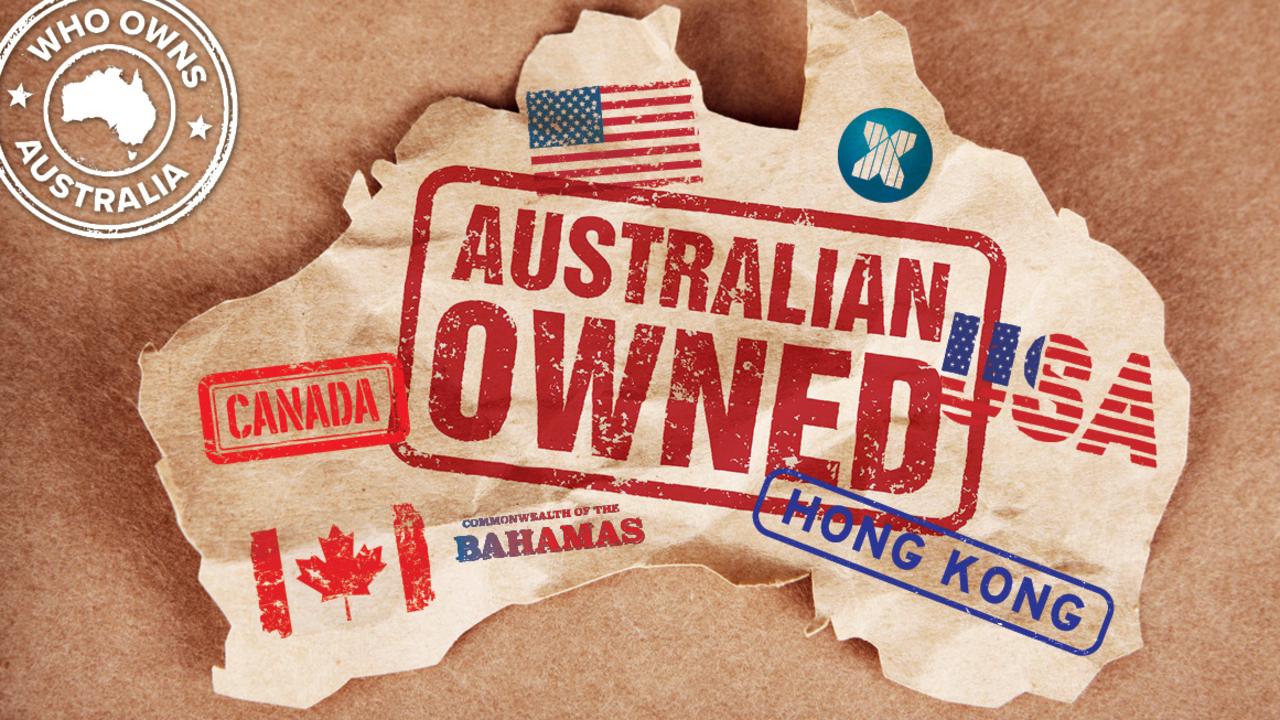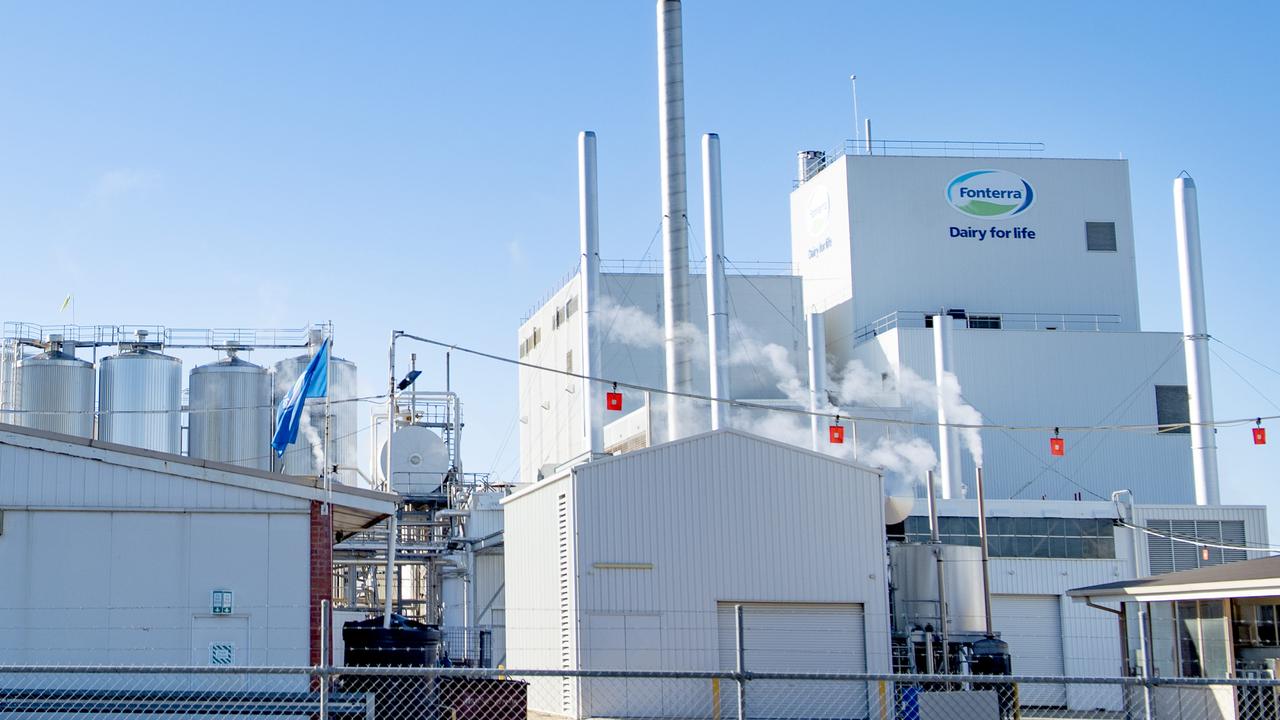FOCUS: Glendalough Farm, South Gippsland
A South Gippsland farming couple, without any previous farming experience, are committed to grand plans for their growing beef business. See their story.

Take a couple from the city with no land or experience in agriculture.
Add in some ambitions for a green future, and an opportunity from an investing business.
What you get is a unique enterprise that leverages cattle and corporation to better improve the landscape, produce quality beef, and building carbon and capital at the same time.
Spread across 235ha of undulating land at Ferndale, in the Strzelecki Ranges, rich soils and high annual rainfall provide an ideal foundation upon which this couple will build their fledgling Angus herd.
Martin Johnansson and Rebeka Axon came to agriculture with idealistic ambitions for their future – they wanted to run their own farming enterprise on their own patch of dirt.
“I was born in Australia, Martin was born in Sweden. But 20 years ago, we met each other in London. And both (of us) from the very beginning had this shared vision of living on the land and being in a rural landscape,” Rebeka said.
“At that stage. When we were living in London, we weren’t quite sure where that was going to be. Having roots in Australia it kind of eventually turned out that we ended up back in Australia.”
Through the enterprise Cultivate Farms – which works to connect ambitious farmers without their own land with alternative land opportunities – the couple were connected with Greenfleet, a not-for profit carbon offset organisation.
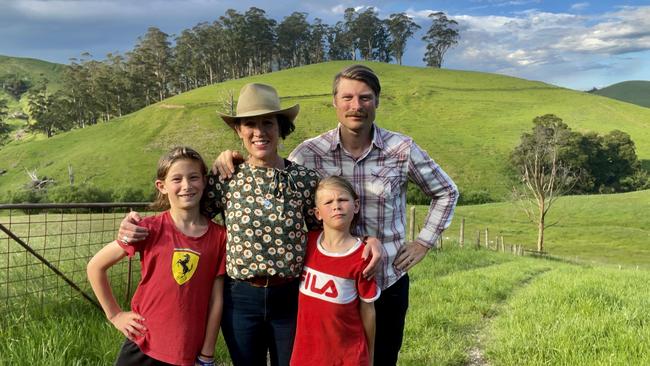
The 235ha property was purchased by Greenfleet, with about 97ha dedicated to a revegetation program.
The remaining section of the property is left to Martin and Rebeka to manage and farm, with the aim to sequester as much carbon as possible, which is then sold to businesses and individuals through Greenfleet as carbon offsets.
The couple’s beef is sold via a Community Supported Agriculture operation called Colin and Sally’s, which falls under the Glendalough banner.
“We didn’t just want to grow beef and then sell it back to the markets,” Rebeka said.
“We wanted to have a direct link to customers, or people who were on board with our philosophy and values.”
Working in conjunction with Greenfleet, Rebeka said, works neatly when it comes to proactively striving to build carbon levels in the soil.
“ (Greenfleet) have been sending out scientists and academics who gave been recording the quality of the soil of the carbon in the soil, at the beginning, and then intermittently, we’ll be having those test results,” Rebeka said.
“We’re viewed as stewards or guardians of the property. We pay a peppercorn rent to live in the house, but we are moving towards ownership. That’s the end goal.”
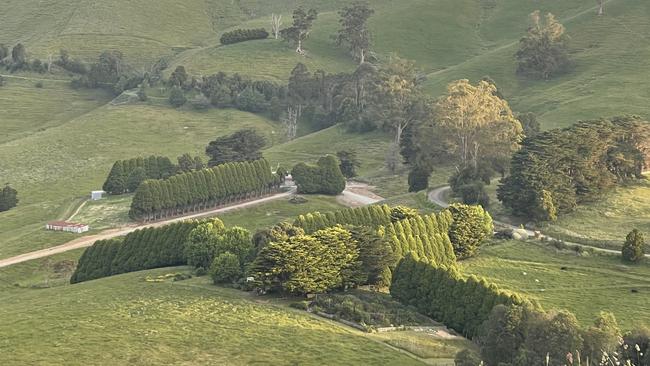
LAND-CARE PRIORITY
As self-proclaimed guardians of the land, Rebeka and Martin are working around several key principles on-farm, mainly stock rotation and improved landscape.
This builds drought resistance into both landscape and business alike, Rebeka explained, while building new, quality grasses across the property and improving the quality of topsoils.
The herd is currently sitting at 57 with 34 breeding cows, with the couple actively working to build numbers to sit around the 150 cattle mark.
“Generally speaking, we are selecting animals that thrive on our type of grazing but we are also looking for early maturing animals, good feed conversion and good temperament,” Martin said.
Natural joining takes place in January for about eight weeks, with one bull for the 34 heifers, “but we’re hoping to use one bull for up to 90 cows with the type of grazing we do,” Martin said.
Cattle are managed in one mob, with only the bull separated out.
Calves are weaned at six months using nose rings, “so that the herd can stay together and continue to be grass-fed”.
But the meat of this operation comes from a strict rotational grazing program.
The steep hills of the South Gippsland region, she said, are not conducive to grazing in some ways.
But the design of Glendalough Farm works by creating 100 metre-long strips, upon which cattle are marched “up the hill one way” before coming back down again.
Paddocks are positioned as runs that are 80m to 100m wide, with one hot wire acting as a fence.
“We use portable poly hot wire to set up strips across the runs. We are currently moving our stock twice a day with the intention to increase that to three to four times a day once our water infrastructure upgrades are complete,” Martin said.
“Our recovery time is about six months at the moment with the intention to increase that to about nine months.”
CARBON FORMULA
Pasture varies across the property, with a mixture of perennial rye, fog grass, cock’s foot, sweet neural, tall fescue and some weeping grass.
“We don’t renovate or resow our pastures as we are aiming to increase our soil’s health, soil carbon and microbial activity,” Martin said.
Soil tests were undertaken in 2021 across the property to establish a baseline for soil carbon levels, with more tests to be conducted in coming years.
This information will then be used to communicate how much carbon has been sequestered for every kilogram of beef produced.
The region is a high-rainfall area, with between 1000mm to 1200mm falling each year at Glendalough, most in winter and spring.
“It seems to be increasing and we’re getting more in the summer,” Martin said.
This season has been a very wet spring and summer, “quite a bit wetter than the forecast”.
LAND TRANSFORMED
Having only been farming for the past three years, the couple have many plans in motion, including the short-term objective to purchase their first bull, a transaction in process when The Weekly Times spoke to Rebeka and Martin.
In the two years since they implemented strip grazing, the difference has been “tremendous”.
“You can actually see it. It’s absolutely amazing how much has changed in that short about of time,” Rebeka said.
“Five years was always going to be our first milestone, to see where things have shifted in the five years,” Rebeka said.
“The style of grazing we’re doing it’s essential we have mobile water. We’ve got plenty of dams on the farm, and a lot of the strips have been designed around that. But really, to get this grazing to where we want it to be, we need to have this water infrastructure, which Martin’s designed and is working on implementing now. But it’s a lot of money.”
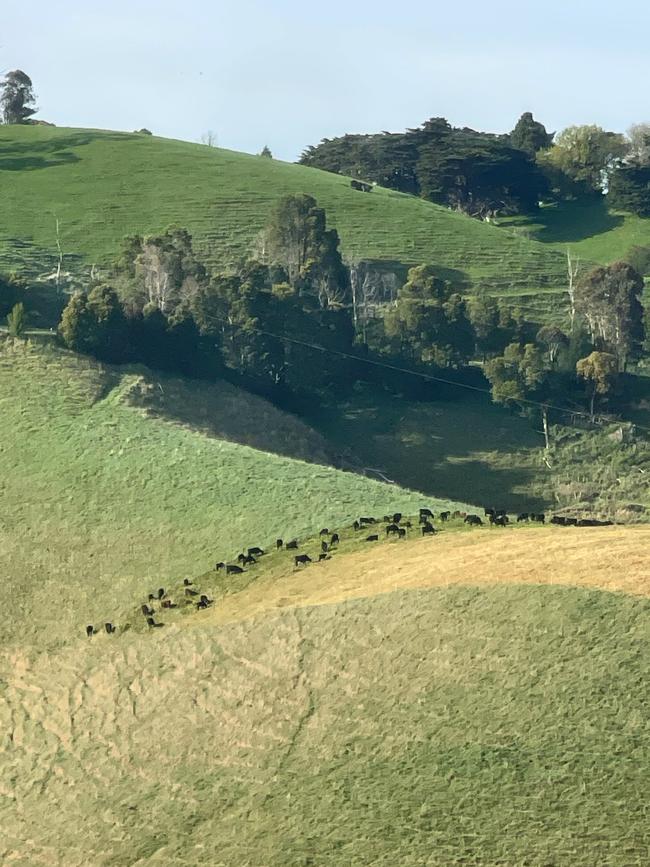
The plan, Martin said, is to install a water infrastructure system that is largely gravity-fed.
“The plan is to pump water from dams into tanks high in the landscape and then gravity feed water in pipes with quick coupling valves for easy access for our portable water troughs that move along behind the cattle,” Martin said.
Another focus in the coming years is continuing to build a relationship with customers, who are ultimately enjoying the fruits of their labour.
“We’re still building up that relationship but so far, (customers are) absolutely amazing people, people who are really tuned into where their food is coming from, and very conscious about where they’re sourcing what their eating from,” Rebeka said.
“Another great thing we really want to encourage is people getting out on the land, letting them come out to open days to see what we do to build up that relationship and foster those connections.”




